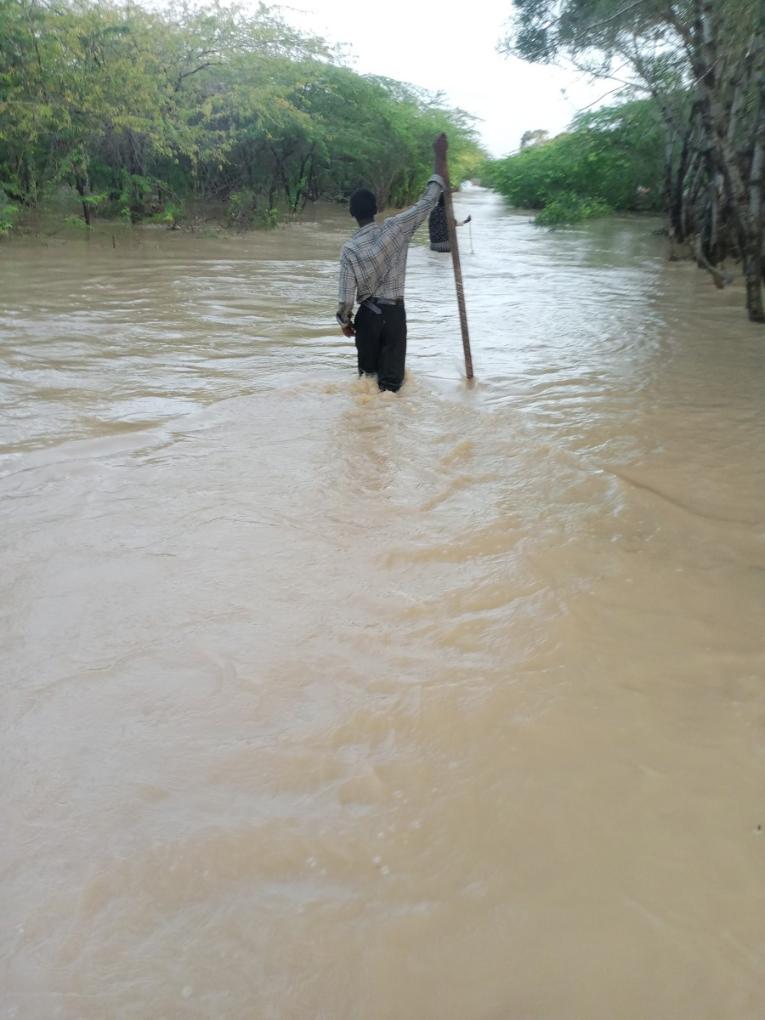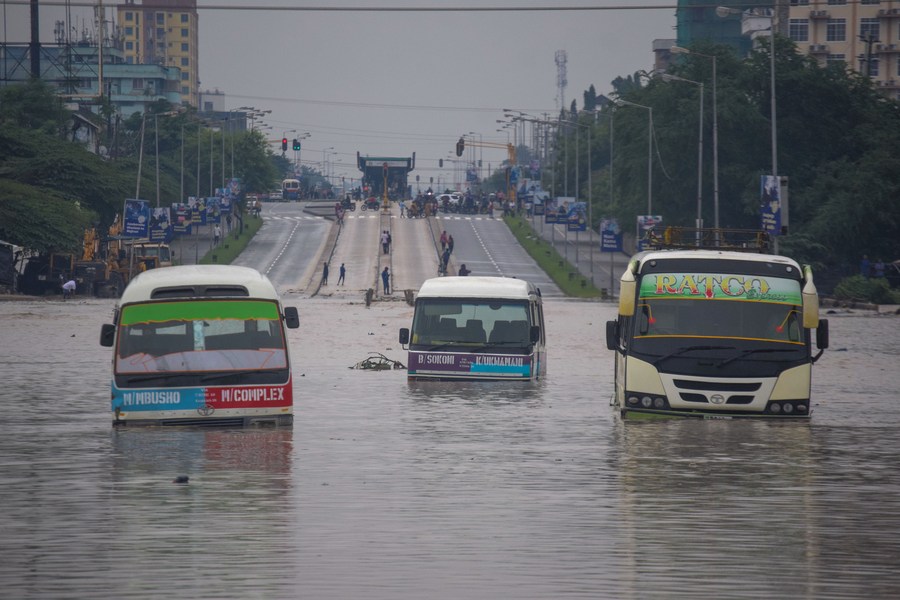Summary:
- A number of countries in the Horn of Africa will experience wetter than usual conditions between May and July, the Climate Prediction and Applications Center (ICPAC) of the Intergovernmental Authority on Development (IGAD), a regional bloc, said Friday.
NAIROBI, April 27 (Examiner) – A number of countries in the Horn of Africa will experience wetter than usual conditions between May and July, the Climate Prediction and Applications Center (ICPAC) of the Intergovernmental Authority on Development (IGAD), a regional bloc, said Friday.
The wetter conditions are expected over most parts of the northern sectors of the region, the ICPAC said in its latest forecast.
“This is specifically in much of Sudan, South Sudan, Ethiopia, Eritrea, Djibouti, Somalia, Uganda, and western and coastal Kenya,” the ICPAC said.
Let Us Build Your Online Success!
We are the experts in creating visually stunning and functional websites. With reliable hosting and exceptional customer support, we bring your vision to life. Join hundreds of happy clients who trust us!
Get Started Now📞 Call/WhatsApp: +256 207 800 192
The region is currently experiencing unusually heavy rains that have caused floods leading to death and destruction.

A man supports himself with a stick in the flood waters at Berdale, Southwest State of Somalia, on Nov. 21, 2023. (Photo by Abdi/Xinhua)
In Kenya, floods have killed more than 50 people and displaced thousands, according to the Kenya Red Cross. In neighboring Tanzania, authorities put the figure at 155 killed and over 200,000 displaced.
Even though most parts of the Horn of Africa receive rains in May-July, the ICPAC noted, drier than usual conditions will be expected in southern Somalia, western Ethiopia, western Sudan and central Uganda.
“Warmer than usual temperatures are also indicated over the whole region,” the ICPAC said.
Sudan, Eritrea, Ethiopia, Somalia, eastern Kenya and coastal Tanzania will record the highest temperatures during the period, according to the agency.
The Horn of Africa has been experiencing adverse climatic events, with drought and heavy rains occurring in quick succession as climate change bites.

